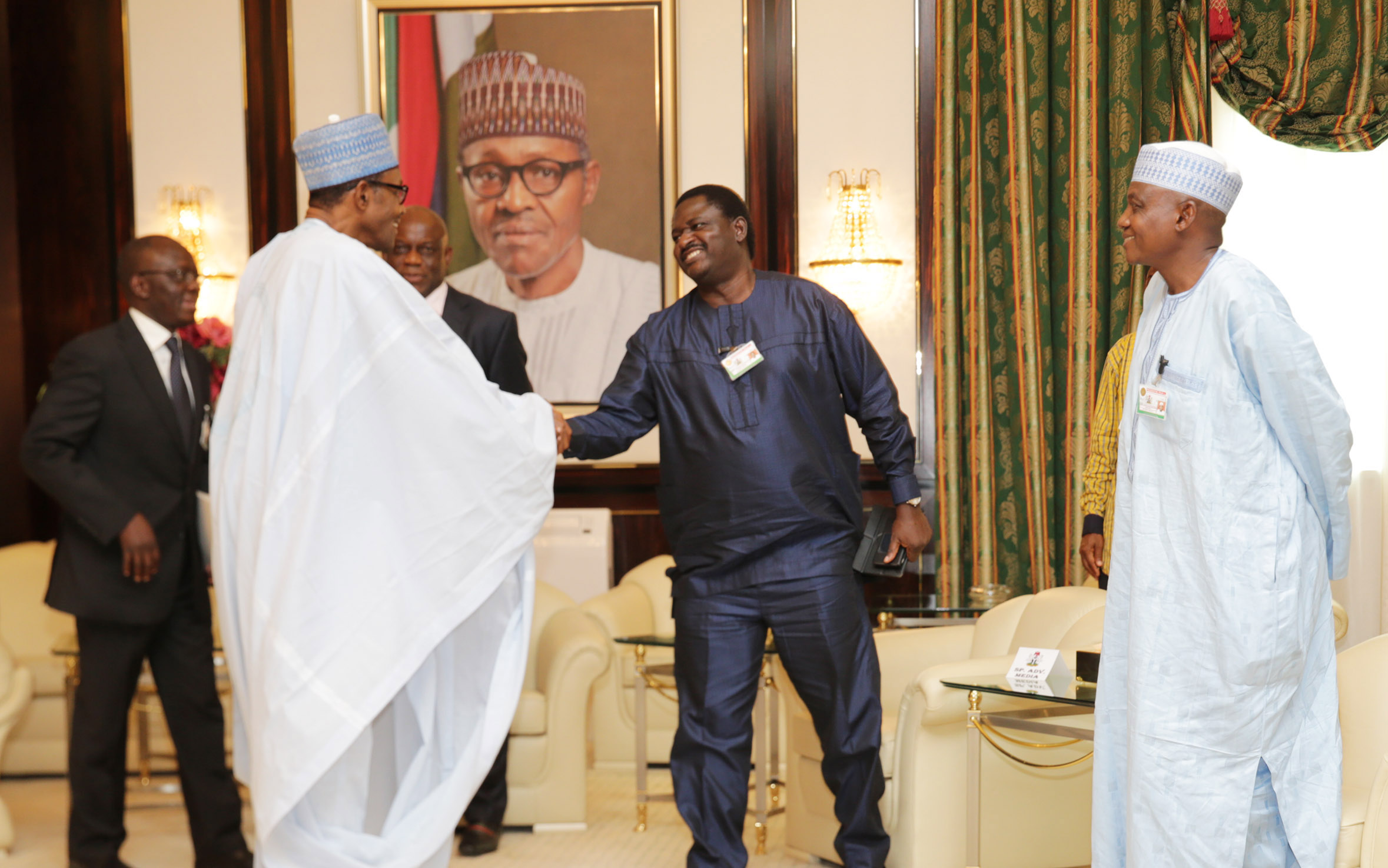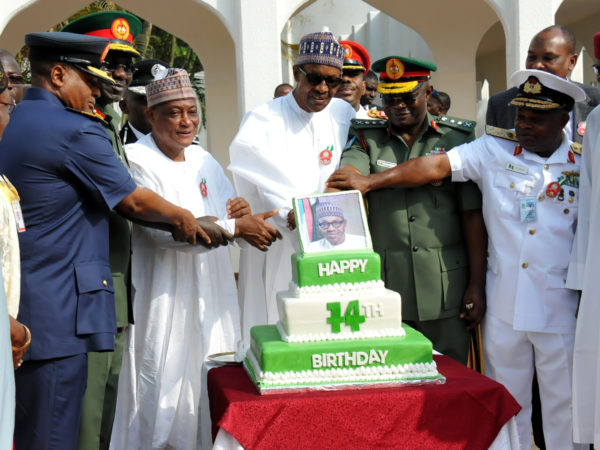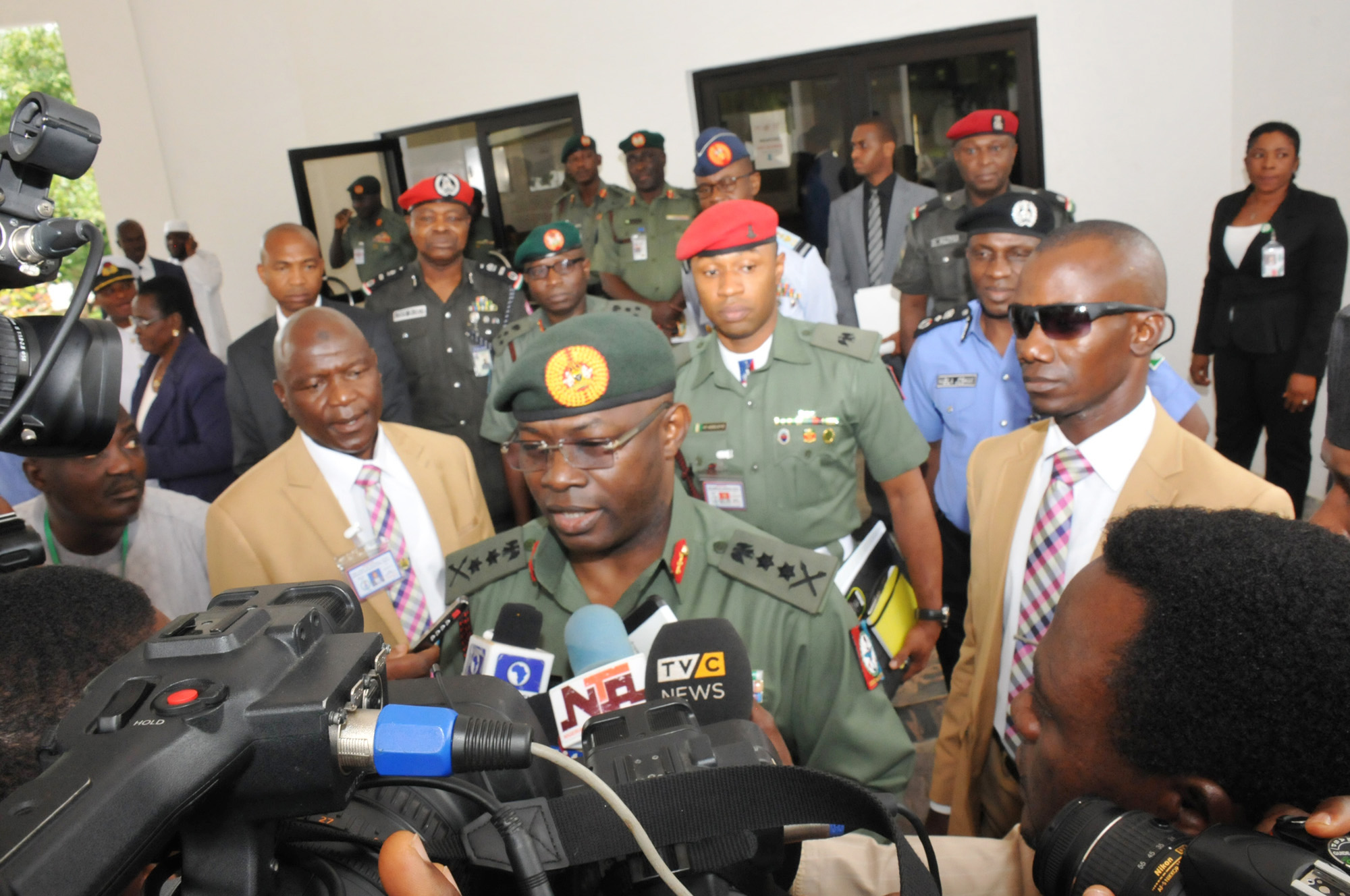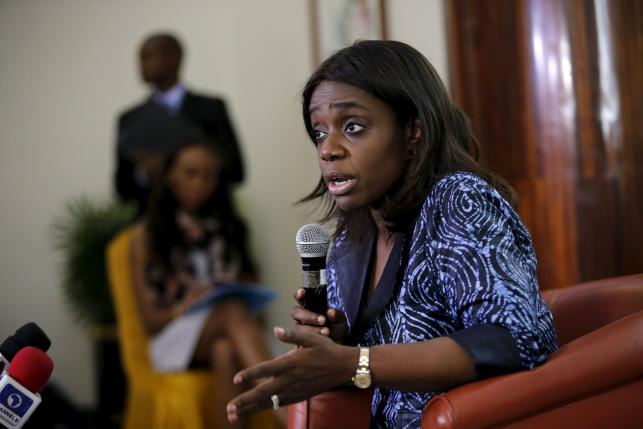GODFREY ADEJUMOH
The role of communications in every institution – family, marriage, business, politics and more is key and cannot be over emphasised. It is the tool with which we manage expectations, inspire hope, love and unity. How effective the communication within an institution is determines how efficient it will be for the greatest good of its community.
In every country, including Nigeria, the dawn of a new government ushers a renewed hope. In our present unbroken democratic dispensation from Olusegun Obasanjo to Umaru Yar’Adua, Goodluck Jonathan and now Muhammadu Buhari, it has been a season of renewed hope of getting it right finally. Somewhere along the line that hope never sees the light of the day. That is not to say some measures of improvement and successes are not recorded, but overall, the performances of these leaders have fallen short of expectations.
The discussion here today borders on the role of communications/communicators in managing expectations and aligning the yearnings of the people to government policies/strategic directions or vice versa. Let’s examine the role the communicators have played thus far in this regard.
Advertisement
We have had journalists as government spokespersons at virtually all levels over these 17 years of our recent democratic dispensation. To their credit, they are renowned journalists with impeccable credentials as media practitioners. In their journalism years, their works were cherished and adjudged as reflecting the views of the people. It was therefore expected that the values they would bring if appointed as government communication managers could change the narrative of Nigeria.
Ironically this has not always turned out as expected. In fact, in so short a time on assumption of office as Special Adviser on Media and Publicity, the rhythm of their songs would change and you can’t but wonder what happened in their transition as public affairs analysts to government spokespersons. The jury is still out on Dr. Reuben Abati, a foremost government critic who later served the last administration as Presidential spokesman.
While we breathe a sigh of relief as the curtains drew on Abati, we welcomed with another sense of renewed hope, the advent of Femi Adesina as the new man on board. Just when we were basking in the euphoria of having Adesina in charge, he started on a divisive note by labelling critics of his principal, “wailing wailers.” This was unexpected of the man in charge of rebuilding hope among the Nigerian people who were fragmented by the hate politics that characterised the last general election.
Advertisement
At various tiers of government, the handlers of the Chief Executives have been great minds from various media houses. Painfully, a greater percentage of them have left the positions losing public rating because of how they managed the critical stakeholders.
This leads me to the question: between the journalist and a PR professional, whose responsibility is it to manage public communication for the Chief Executive? I can’t be definite on whose side the pendulum should swing because these things turn out to be how the individual handles the situation he/she finds himself/herself. However, what I can say for sure is that the job of a media handler is that of a “Communication Strategist.” This strategist could be a journalist, a PR practitioner or even both.
What is important is for the holder of the office to understand how vital his role is in managing the expectations of the people vis-à-vis the position of the government on its policy thrust and strategic direction.
The handler must understand that there is a job to be done in keeping the institution united, making people keep hope alive and believe in the government of the day. It is the person’s job to manage outflow of information from government confines to the public, in a way that depicts us as a people who are focused, determined, and resilient and getting better, at what we do, how we do it and why we do it. All these must be with the aim of meeting the expectations of the people and making the international community believe in us as a people.
Advertisement
Experience has shown that in managing a principal, there will always be fall-outs that will result to negative backlash from the public as it has happened many times with President Buhari’s public utterances, just as other presidents. This is not a problem as it is expected at some point or the other. What is important is how the Communications Strategist is able to turn the negative around and make the best out of it, all in a bit to ensure the government is effectively connecting with its public.
The Communications Strategist understands that his principal is not doing the people a favour by taking up the job. Thus, his messaging and responses to issues must not sound arrogant or condescending. He would rather spend the better part of his time distilling messages that reassure the people of the need to keep faith with the government by exercising patience. His content and engagement will be so strategic and well communicated that amidst the criticism the Principal and the entire government will face, his messages will remain a source of hope that inspires patriotism.
We can go on and on as to what the Communications Strategist will do. The bottom line is that it is time we begin to call on Principals to look before they leap in the appointment of their media handlers. Being a journalist does not translate to being a good media adviser.
There is more to the job than sending press releases to media houses for publication. There is more to the job than being able to call all newspaper editors at the speed of light, as media relations is only a subset of PR. Whoever takes up the job must understand that, where there is division between the government and the people, his message is the bridge that unites them and keeps the nation together. The job demands that where the people are losing faith in government, the Communications Strategist brings hopes alive by reassuring them of government’s determination to fix what has been unfixed.
Advertisement
The job is a forward looking business that gives no room for attention or too much of it to the mistakes of the past, but gives clarity on government’s activities and interventions aimed at making the country a better place for all.
Adejumoh is a Communications Consultant
Advertisement
Views expressed by contributors are strictly personal and not of TheCable.






